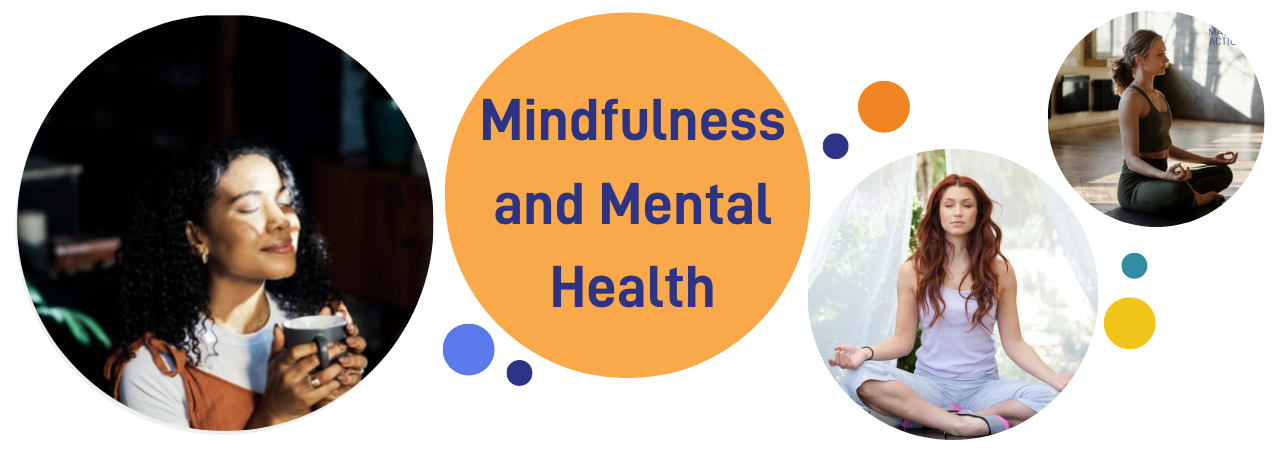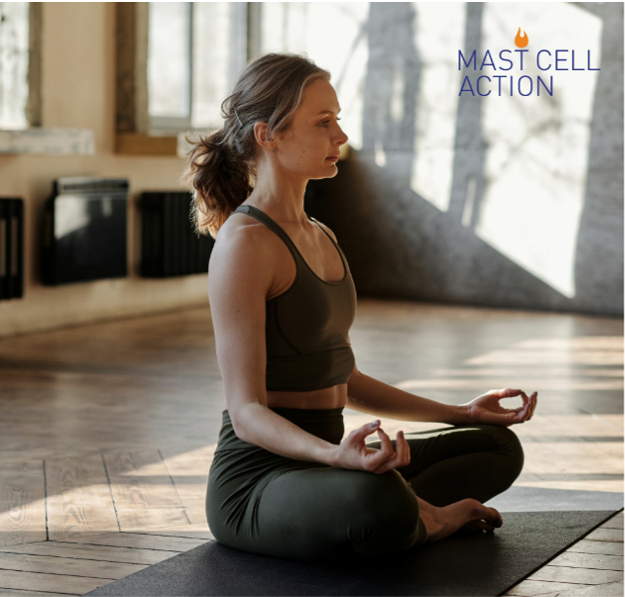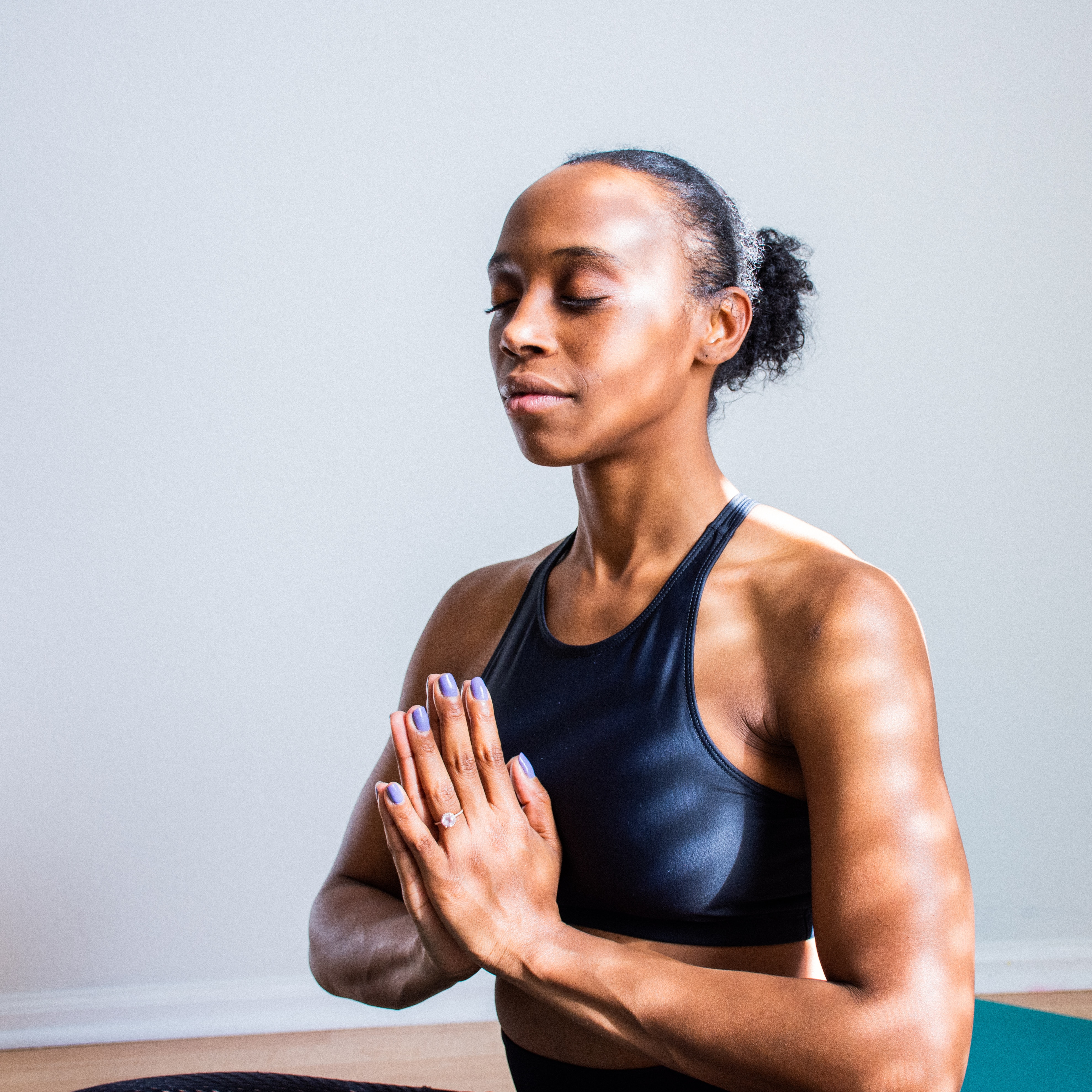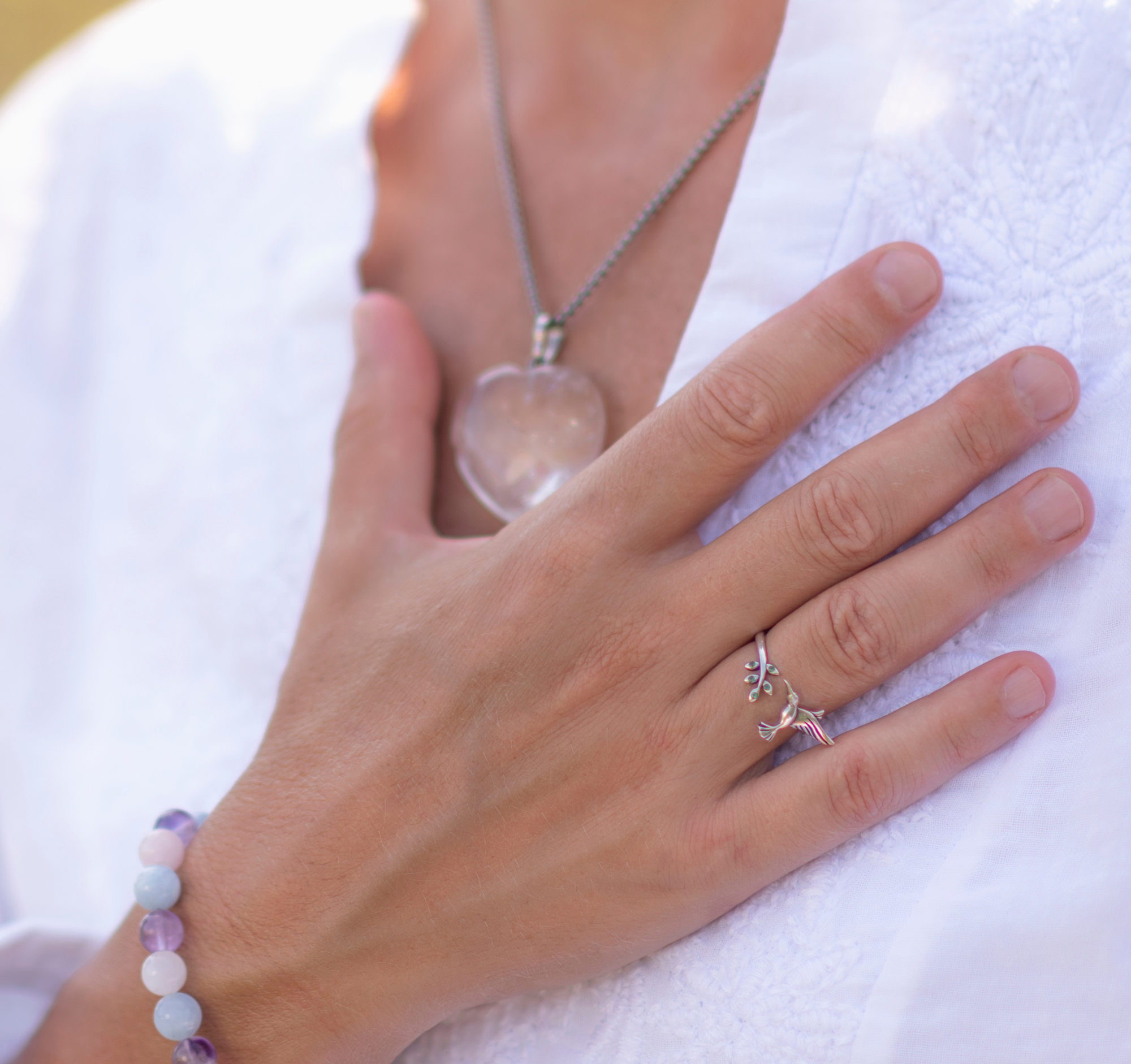
Welcome to our Mindfulness and Mental Health Resource Page. We understand that Mast Cell Activation Syndrome is complex, and we are here to support you on your journey to well-being. We are in no way implying that MCAS is caused by poor mental health. Instead, we recognise that good health involves both mind and body, and we believe in the power of mindfulness practices to complement overall treatment plans.
Mindfulness can help you cultivate a greater sense of calm, clarity, and resilience in the face of life's challenges. By incorporating mindfulness into your daily routine, you may find it easier to manage stress, anxiety, and other mental health concerns. We invite you to explore our resources, tools, and techniques designed to support you in your pursuit of a balanced and fulfilling life.
Mindfulness and Mental Health

What is Mindfulness?
In it's simplest form, mindfulness means paying attention to the present moment, without judgement. Focusing on the here and now, in turn, allowing your mind to quieten, being able to soften the noise within your brain and around you.
If practised regularly, the benefits can be profound, including, but not limited to, improved focus and attention, reduced anxiety and depression, reduced chronic pain, boosted immune system, reduced stress, promoted better sleep and improved emotional regulation and resilience.

What are the advantages of Mindfulness?
Research has shown that Mindfulness and meditation can assist with:
Stress, Anxiety, Pain, Depression, Insomnia, High blood pressure (hypertension)
Preliminary research suggests that meditation may also provide relief for individuals dealing with asthma and fibromyalgia.
You can try some different types of breathing exercises here.

What are some instances of mindfulness exercises?
There are lots of different types of Mindfulness that you can try. A few examples are:
Sensory Awareness: In our fast-paced world, it can be challenging to slow down and truly perceive our surroundings through all our senses—touch, sound, sight, smell, and taste. For instance, when indulging in a favorite meal, take the time to savor and fully experience its aroma and taste.
Present-Moment Living: Deliberately bring forth an open, accepting, and discerning awareness to each moment of your life. Discover contentment in life's simple pleasures.
Self-Acceptance: Treat yourself with the same kindness and understanding that you extend to a cherished friend.
Focused Breathing: In moments of negative thoughts, consider sitting down, taking a deep breath, and gently closing your eyes. Concentrate on the rhythm of your breath as it flows in and out of your body.

Brow, Jaw, Shoulders Relaxation
Stop what you are doing for a few moments, close your eyes, take a few deep breaths, and then take your awareness to your brow, allow your mind to travel across your brow, and into your temples, and notice any tension there, and release it.
Then take your awareness to your jaw, and notice if you are holding tension – similarly, release it.
Finally, take your awareness to your shoulders, notice if you are holding tension there, and let it go.

Present Not Perfect
Stop what you are doing for a few moments, close your eyes, place a hand on your heart and take a few deep breaths, and say silently to yourself ‘I choose to be present, not perfect.’
Allow those words to sink in and notice how they make you feel.
Repeat the words to yourself with each breath out.
Additional Resources
We have detailed below links to some useful resources that you may wish to explore.
Books and recommended reading
Jon Kabat Zinn– Full Catastrophe Living – Mindfulness for pain
Jon Kabat Zinn – Wherever you go, There you are
Mark Williams and Danny Penman – Finding Peace in a Frantic World
David Hamilton - I Heart Me: The Science of Self-Love
Mindfulness for Health – A practical guide to relieving pain, reducing stress and restoring wellbeing by Vidyamala Burch
Mindfulness For Chronic Illness | Awakened Mind
Mindfulness for Chronic Illness - Genentech: A Mindful Approach to Chronic Disease
Being vs Doing Modes of the Mind
A wandering mind is not a happy mind
Vagus nerve and breathing – the connection
The surprising reason Mindfulness Makes You Happier
Using Your Senses to be Mindful
Modo Yoga - The miraculous effects of grattitude on the mind and body
Chris Kresser - Finding joy in the midst of illness pain and difficulty
Podcasts and Video's
Mast Cell Action YouTube Channel
Yoga Nidras - Caroline Rose has shared some Yoga Nidras with us for you to try in your own time, at your own pace.
Mindfulness for pain - How mindfulness meditation redefines pain, happiness & satisfaction TED Talk from Dr. Kasim Al-Mashat
Mindfulness for pain - A Different Approach To Pain Management: Mindfulness Meditation TED Talk from Fadal Zeidan
Dr. Kate Truitt - YouTube video for guided meditation for anxiety relief.
Sean Fargo - A library of talks by different mindfulness and wellbeing coaches.
Websites and Apps
Breathworks - Offer mindfulness and compassion training including courses, products and teacher training to aid people living with pain, illness and stress.
Headroom - Is a mental health toolkit provided by the BBC.
Mindful - Is a website that contains a library of guided menditations which focus on different aspects such as sleep, movement, anxiety and more.
Mindfulness Exercises - free guided meditations and mindfulness talks, that can be downloaded.
Sharon Salzberg - is an author and teacher of Buddhist meditation practices and this website contains details of her books and podcasts and how to access them.
Tara Brach - Meditation, Emotianal Healing and Spiritual Awakening, contains blogs and useful resources. We recommend 'Radical Compassion: Learning to Love Yourself and Your World with the Practice of RAIN'.
Self Compassion - contains TED Talks, practises and resources.
Jon Kabat Zinn - This website offers an array of resources for deepening your interest and engagement in mindfulness practices.
Headspace - An app that uses science-backed meditation and mindfulness tools, to help create life-changing habits to support your mental health and find a healthier, happier you.
Smile - An app that has been designed for people managing long-term health conditions. They cover the topics that other mental health apps don’t, such as accepting a diagnosis, coping with waiting times, or caring for someone.
Become a friend
Sign up to become a Friend of Mast Cell Action so we can keep you up to date on our progress and on how to get involved in our latest campaigns and initiatives.
Donate
Mast Cell Action relies entirely on the generosity of people like you. Please make a donation now and together we can make a difference to those affected by MCAS.







